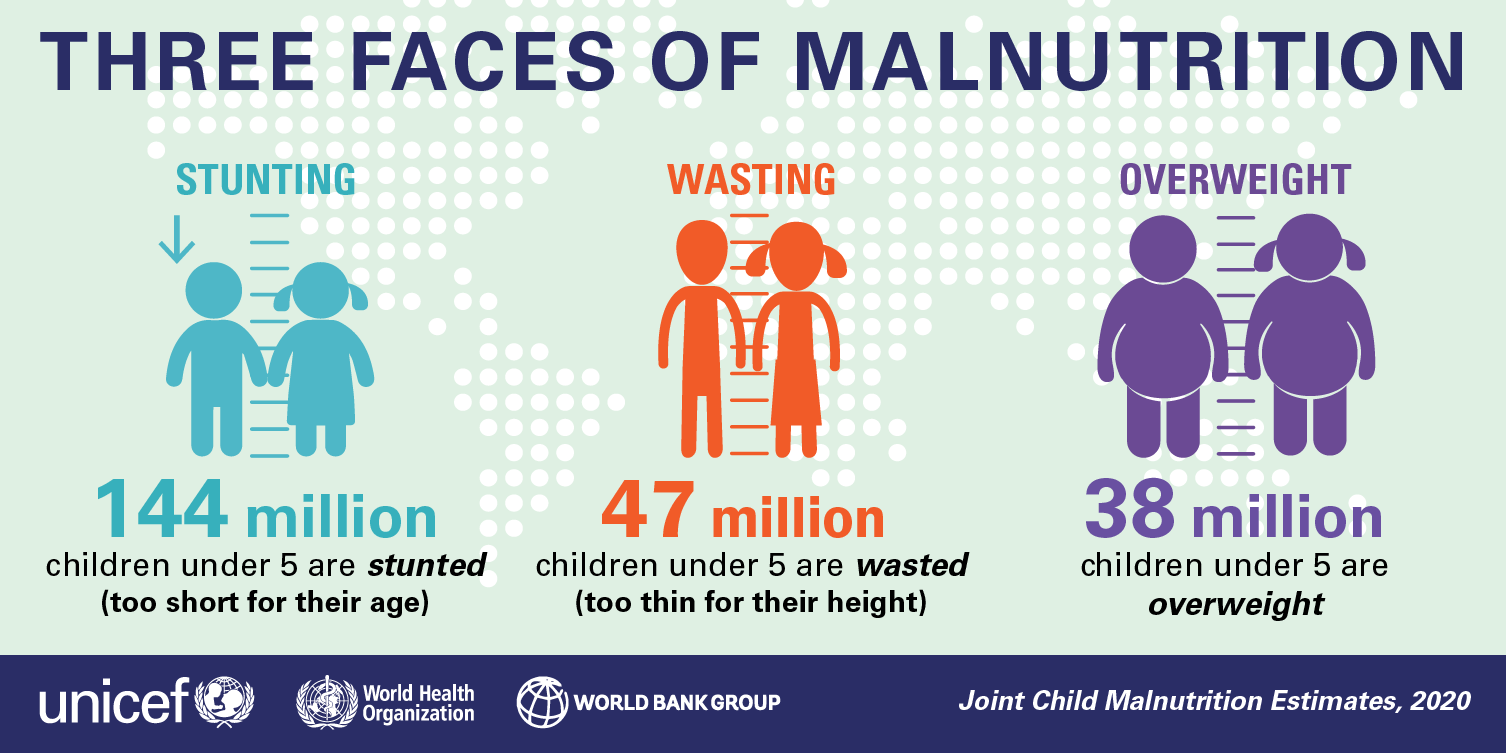Climate Change
Introduction
to Climate Change
Climate change entails a significant difference
in the prevailing environmental conditions of the earth through various
internal and external factors. It comprises global temperature change because
of high levels of environmental carbon dioxide and other harmful gases executed
in the atmosphere. Increased temperatures from such gases warm the earth
causing an upsetting effect on various ecosystems (Herndon, 2017). Climate change is considered to be a
global alarm over previous decades. According to the IPCC, climate change
implies a particular change in climatic conditions identified by statistical
analysis to examine distinct changes in their properties that have endured a
long time.
Causes
of Climate Change
Climate change is a devastating global issue
that has been presumed to be escalating at an alarming rate. According to Hegerl
et al. (2019), global climate change is prompted by anthropogenic activities
through fossil fuels' burning from diverse industries worldwide, ecosystems'
encroachment characterized by cutting down trees, and agricultural activities. Moreover,
natural forces such as perpetual disasters like earthquakes, floods, and
prolonged droughts Hegerl et al., 2019). Consequently, increased natural events
such as volcanic activities and wildfires contribute a lot towards global
warming as they are responsible for about 10% of the CO2 emission.
Fig.1.0 Causes
of Climate change
Hegerl
et al. (2019) argue that burning fossil fuels, accumulation of oil, coal
mining, and gas are significant causes of climate change as the burnt fossil
fuels discharge carbon dioxide into the atmosphere, instigating increased heat
in the planet global warming. Other studies from Bergquist et al. (2021) claim
that anthropogenic activities play a significant role in discharging greenhouses
gases such as carbon dioxide into the air (Bergquist et al., 2021). Moreover, other
human activities such as deforestation that intensify carbon sequestration and
faster build-up following the absence of trees and agricultural activities exacerbate
climate change. Besides, some natural events cause climate change, according to
Hegerl et al. (2019). Such natural cycles and circumstances lead to climate
change by inducing warming and cooling in an alternating aspect.
Fig 1.1 Greenhouse emission
causing climate change
The above graph illustrated significant
greenhouse gas (GHG) increase concentration in the air about 2,500 years ago. Anthropogenic
activities trigger an increase in GHG concentration during the impending days
of industrial revolution certainty (Shukla
et al., 2019). According to the graph, carbon dioxide is the primary GHG
that contributes to the planet's heating.
Global
Climate Change Effects
Global climate change is associated
with diverse effects on both environment and human health. Besides, climate
change subjects various species to adverse climatic conditions that compromise
their survival as diverse habitats are deteriorated by the intense temperature
of the earth. According to Bergquist et al. (2021), extreme global warming
affects the earth's temperature stability, impacting energy balance. Globally, sea
levels are rising at an alarming rate as oceans are warming daily due to the
melting of polar ice. The melting of ice affects polar species as their
habitats are declined, thus threatening them as others are rendered extinct.
Moreover, Bergquist et al. (2021) studies ascertain that prevailing extreme
weather events and impaired weather patterns prompt droughts and heat increase
globally following global warming.
Environment and diverse ecosystems are
adversely affected by global climate change. The rise of ocean levels and
melting of mountain glaciers are evident globally, according to various
studies. Increased atmospheric Carbon dioxide and prevailing extreme events prompt
a significant decline in forest cover and wildlife due to habitat loss following
revolutionary climate change. Moreover, Hegerl et al. (2019) emphasize that
aquatic life suffers disturbance due to increased ocean levels and temperatures
that affect marine species. According to various studies, many terrestrial and
aquatic species will suffer extinction should the climate change manacle
escalates.
Fig.1.2 Effects of Climate
Change
Besides, hot and dry environmental
conditions caused by global climate change cause wildfires that spread in
various terrestrial ecosystems forcing inhabiting species to move towards
higher altitudes and later forcing many plant and animal species into
extinction. Heatwaves caused by increased greenhouse gas emissions intensify
the CO2 concentration in the atmosphere, making it difficult for organisms to
survive. Moreover, several habitats and species have been listed as endangered and
others extinct due to the augmented global climate change.
Future
Climate Change Effects
According
to NASA and IPCC, the continued global climate change is projected to result in
several effects in the future, such as increased cases of wildfires, increased
habitat loss, and ice and glaciers decline globally. Moreover, prolonged droughts
and increased tropical storms are projected to endure as global warming grows
daily (Herndon, 2017).
Thrilling global temperature rise is likely to leave families under extreme
poverty with food insecurity, less access to clean water hence comprising
health sustainability. Sea levels are expected to rise while affecting
coastlines and displacing populations along shores. Hurricanes will be stronger
and punitive in the coming decades, thus threatening the lives of prominent people
globally (Shukla et al., 2019).
As there is no "planet B" to shift for safety, all individuals and
administrations are encouraged by environmental activists to deploy effective
solutions to the devastating climate change.
Climate
Change Issues' Relevance
The climate change manacle is highly relevant to me as it potentially threatens future and public health globally. Projected extinction of various species and habitats will affect overall environmental progress comprising ecosystem association with species and attracting many health issues. Despite positive impacts evident in industrial production, GHS emissions are harmful to our health. The increased heat has led to various societal effects, such as irregular rainfall patterns that attract poverty and food insecurity among the agriculture-dependent population. Conversely, increased temperatures and impaired air quality affect our health and encourage high costs for health safety. In my case, I have asthma, so I am sensitive to changes in weather and temperature, so I am directly affected. Also, you have to pay a lot of money for the medical expenses that arise from this. People with diseases similar to mine or other types of diseases and healthy people also have health problems due to the rapidly changing and worsening environment, which causes chaos in society. Moreover, continuous environmental degradation destroys the beautiful natural environment that future us and future generations can see, so we may no longer be able to see this spectacle. Social issues in climate change are essential as they encourage people to establish great care for our threatened planet, health certainty, and anticipated future.
Possible
Solutions to Climate Change
1. Devastating climate change can be gradually countered by encouraging administrations to establish effective policies that entail switching to renewable energy. Renewable energy will ensure reduced fossil fuel production, considered a significant contributor to the GHGs emission responsible for global climate change.
2. Sustainable agricultural systems and efficient management of forests by reducing deforestation and advocating for greener agriculture would potentially play a significant role in eliminating GHG emissions. Moreover, avoiding plastic usage and supporting sustainable transport will increase GHG emissions responsible for global climate change worldwide (Herndon, 2017).
3. Planting more trees will replace lost ones after deforestation and ensure carbon production and adequate storage. Conversely, staging resilient campaigns through roadshows, social media, and environmental safety programs will potentially play a significant role in educating the public on climate global's overall impending impacts.
References
Bergquist,
P., Goldberg, M. H., Gustafson, A., Leiserowitz, A., Rosenthal, S. A., &
Marlon, J. (2021). Information about the human causes of climate change
influences climate causal attribution, risk perceptions, and policy
support. Thinking & Reasoning.
Hegerl,
G. C., Brönnimann, S., Cowan, T., Friedman, A. R., Hawkins, E., Iles, C.,...
& Undorf, S. (2019). Causes of climate change over the historical
record. Environmental Research Letters, 14(12), 123006.
Herndon,
J. M. (2017). Evidence of variable Earthheat production, global non-anthropogenic
climate change, and geoengineered global warming and polar melting. J
Geog Environ Earth Sci Int, 10(1), 16.
Shukla,
P. R., Skea, J., Calvo Buendia, E., Masson-Delmotte, V., Pörtner, H. O.,
Roberts, D. C., ... & Malley, J. (2019). IPCC, 2019: Climate Change and
Land: an IPCC special report on climate change, desertification, land
degradation, sustainable land management, food security, and greenhouse gas
fluxes in terrestrial ecosystems.








